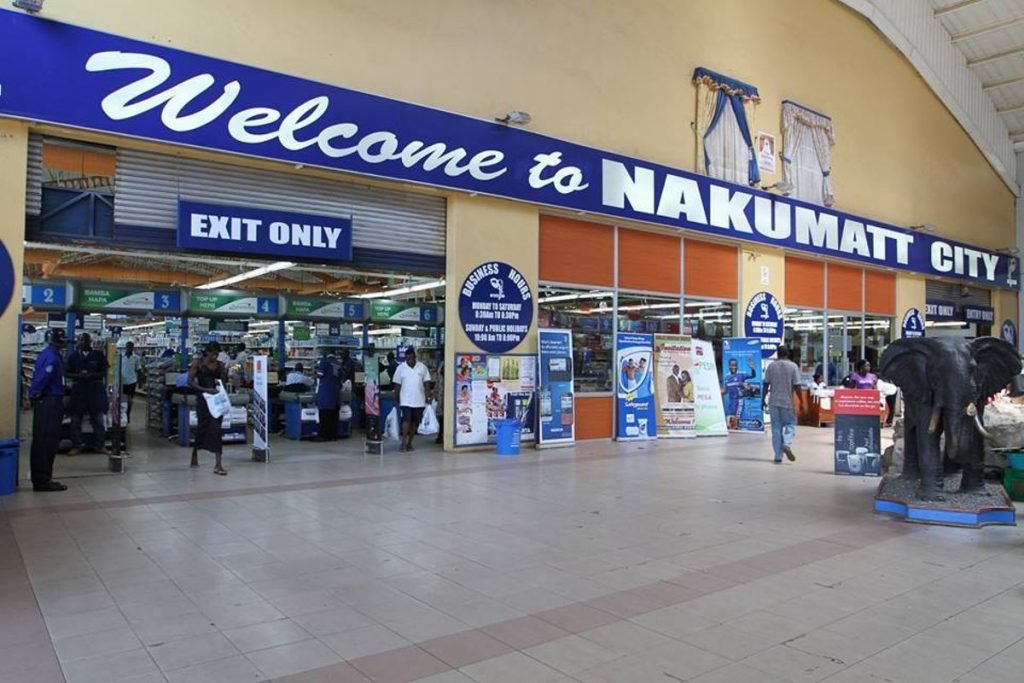BY ANTONY MUTUNGA
The beginning of the year mostly symbolizes a fresh start for many. However, the beginning of 2020 was different for one of the country’s oldest retailers. It marked the end of an era for Nakumatt, which was once the biggest retailer’s in East Africa.
Since 2017 the company struggled with a cash crunch, which saw it start to reduce the 60 stores it had as it could no longer raise enough cash to pay rent or its creditors and suppliers.
The entry of France’s Carrefour and South Africa’s Shoprite into the market continued to hurt the retailer. With its debts growing and profit dwindling, the court allowed an administrator to take over the company to address the increasing issues of the creditors and assess if it could be revived. Peter Obondo Kahi, PKF Consulting was appointed as the new administrator taking over from Atul Shah, Nakumatt Holdings managing director.
According to its accounting records, the company has amassed a debt of Sh38 billion owing creditors who include suppliers, banks and landlords. In an attempt to pay off some of the debt, the company sold its remaining six stores to fellow retailer, Naivas for Sh422 million. Lacking assets to collateralize the needed funding and investors to inject cash into the company, the administrator and the creditors had to decide the way forward for the company.
Having assessed the situation of Nakumatt, the administrator presented the option of liquidation, the process of closing down a business by using its assets to pay off its debts, during a meeting with the creditors last month. The reason for the option was that the company was in no position to continue operating without amassing more losses as it tried to get back to its glory days.
In fact according to PKF Consulting Limited (PKF), an attempted turnaround of the business would have been very costly and the company would have likely made losses for the better part of the turnaround window, implying that such a turnaround would have needed to be financed by additional debt to sustain operations before breaking even. Mr Kahi was also of the view that it is likely to be difficult to attract an investor to inject in the substantial amount of equity required to restructure Nakumatt Holdings Ltd’s balance sheet due to the current high degree of financial leverage.
As a result, creditors were allowed to vote whether the company would continue to operate and amass more losses or it was to liquidate so they regain a part of the money they owed the company. A majority of creditors, over 90%, voted for liquidation bringing an end to the Nakumatt brand. This was despite the fact that according to Kahi, liquidation only allows suppliers to indirectly recoup up to 46% of the value of their debt through tax refunds.
Creditors were allowed to vote whether the company would continue to operate and amass more losses or it was to liquidate so they regain a part of the money they owed the company.
As for secured creditors who include banks they will have first charge over the Nakumatt head offices. Also if any payments are to happen after liquidation, then banks will be among the first to be paid along the Kenya revenue authority (K.R.A) and the administrator. The others who include those that held commercial papers are most unfortunate, as they have lost their investment.
According to Nairobi Securities Exchange (NSE), a commercial paper is an unsecured short-term debt instrument issued by a firm. The money raised is normally used to finance inventories, accounts receivables and to meet short-term liabilities. The company owed commercial paper holders, who were 800 in number, Sh4 billion. Some of the companies to loss their investments as a result include Sanlam and Prime bank.
As the liquidation process commences, Nakumatt continues to be a part of the past. The retailer, which started as a mattress shop in Nakuru to become one of the largest retailers in East Africa and then up being liquidated should act as a warning to other big corporations. Mismanagement played a major role in its fall and for those following in footsteps need to strategize or face a similar fate. Additionally, there is a need for regulations and measures to ensure that investors like commercial paper holders do not end up losing their
investments.


